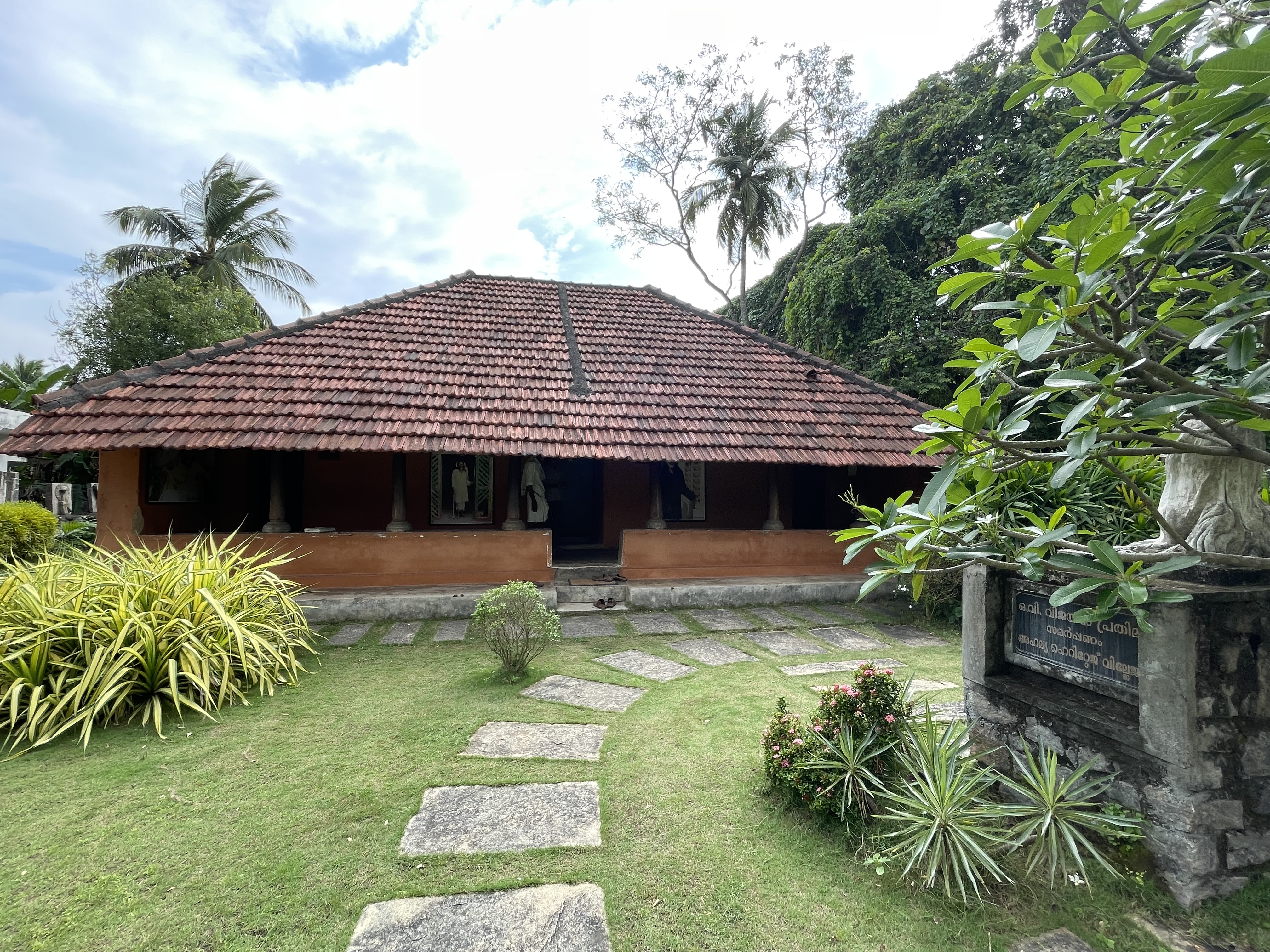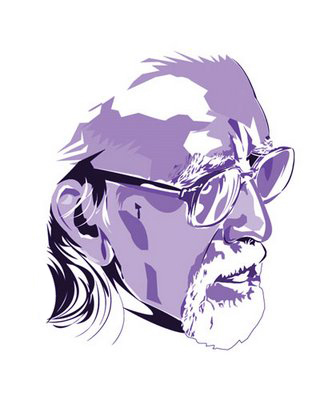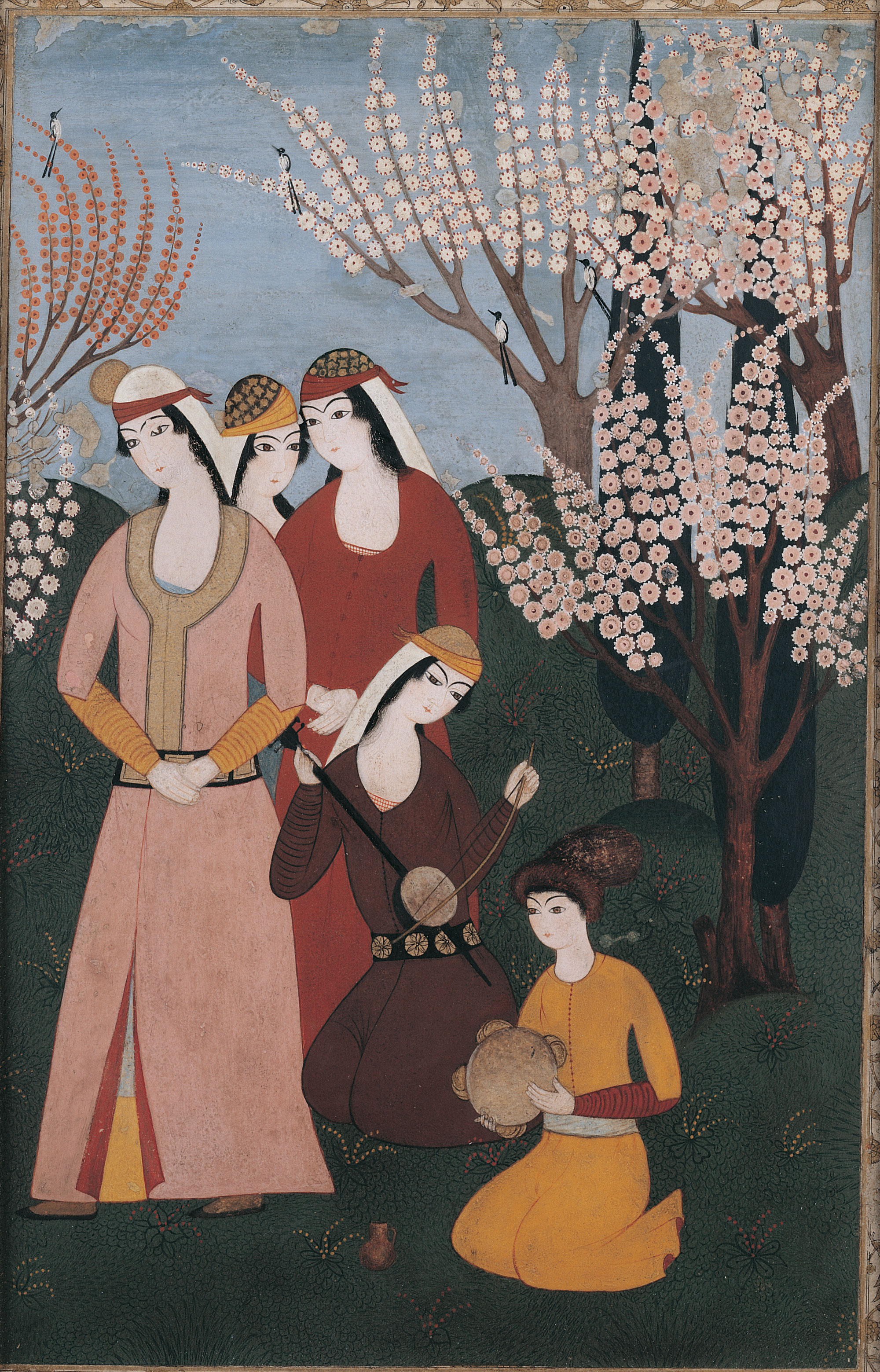|
Neelakkuyil
''Neelakuyil'' ( en, The Blue Cuckoo; ml, നീലക്കുയിൽ) is a 1954 Malayalam film jointly directed by P. Bhaskaran and Ramu Kariat. It is a neo-realistic melodrama and was based on a story written by Uroob who co-wrote the screenplay and dialogues along with P. Bhaskaran. It stars Sathyan, Miss Kumari, Prema, P. Bhaskaran and Master Vipin. The plot revolves around Neeli, a Dalit peasant girl, who falls in love with Sreedharan Nair, a high caste teacher. The film was written by acclaimed author Uroob and P. Bhaskaran, with encouragement from their friends. P. Bhaskaran wanted to make a film about social issues when he decided to make a film. His finished draft was greenlit immediately by T. K. Pareekutty. Since Satyan and Bhaskaran were close friends, he was asked to essay the role of Sridharan Nair. The film was a breakthrough for Sathyan, who went on to become a matinee idol in Kerala. It features an cinematography by A. Vincent and a musical score by K. ... [...More Info...] [...Related Items...] OR: [Wikipedia] [Google] [Baidu] |
Ramu Kariat
Ramu Kariat (1 February 1927 – 10 February 1979) was an Indian film director for almost three decades from the 1950s to the 1970s, who directed many acclaimed films in the Malayalam cinema. His noted films include ''Neelakkuyil'' (1954), ''Minnaminungu'' (1957), ''Mudiyanaya Puthran'' (1961), ''Moodupadam'' (1963) and the National Award winning ''Chemmeen'' (1965). Career He started his career through the Kerala People's Arts Club (K.P.A.C.), a leftist theatre group. He debuted in films by co-directing Thiramala (1953) with Vimal Kumar/P.R.S. Pillai and the path-breaking film ''Neelakkuyil'' in 1954 along with P. Bhaskaran. ''Neelakuyil'' was written by Uroob and starred Sathyan and Miss Kumari was a major commercial success. This film is considered as the first mature film in Malayalam due to the professional approach it had in direction, script, performances and music. Ramu Kariat's co-director of the film P. Bhaskaran and cameraman A. Vincent went on to have illustrious ... [...More Info...] [...Related Items...] OR: [Wikipedia] [Google] [Baidu] |
Sathyan (actor)
Sathyan (born Cheruvilakathu Veetil Manuel Sathyanesan Nadar; 9 November 1912 – 15 June 1971) was an Indian actor known for his work in Malayalam cinema. Known for his own style and versatility in acting, Satyan was one of the pioneers of realistic acting in Indian film industry. He is respectfully called Sathyan Master. He was also a soldier in the British Indian Army and later a police officer with the Travancore State Police. Sathyan served as an officer in the British Indian Army during World War II. After the war he joined the Travancore state police as an inspector in late 1940s. During this time he got interested in acting and acted in amateur stage plays. He made his debut film in 1952 film Athmasakhi and rose to stardom with the critically acclaimed film Neelakuyil in 1954. He dominated the Malayalam film industry over two decades ( 1952 – 1971) along with his contemporary Prem Nazir. He is remembered for his performances in Anubhavangal Paalichakal, ''Anubhava ... [...More Info...] [...Related Items...] OR: [Wikipedia] [Google] [Baidu] |
Uroob
Parutholli Chalappurathu Kuttikrishnan, popularly known by his pen name Uroob ( ml, ഉറൂബ്; 1915 – 1979) was an Indian writer of Malayalam literature. Along with Basheer, Thakazhi, Kesavadev, and Pottekkatt, Uroob was counted among the progressive writers in Malayalam during the twentieth century. He was known for his novels such as Sundarikalum Sundaranmarum and Ummachu, short stories like ''Rachiyamma'' and the screenplays of a number of Malayalam films including ''Neelakuyil'', the first Malayalam feature film to receive the National Film Award. He was a recipient of several honours including Kendra Sahithya Academy Award and the inaugural Kerala Sahitya Akademi Award for Novel. Biography P. C. Kuttikrishnan was born on June 8, 1915, to Karunakara Menon and Parukutty Amma at Pallapram, a small village near Ponnani, in Malappuram district of the south Indian state of Kerala. His early education was at A. V. High School, Ponnani and after matriculation, he ... [...More Info...] [...Related Items...] OR: [Wikipedia] [Google] [Baidu] |
Sathyaneshan Nadar
Sathyan (born Cheruvilakathu Veetil Manuel Sathyanesan Nadar; 9 November 1912 – 15 June 1971) was an Indian actor known for his work in Malayalam cinema. Known for his own style and versatility in acting, Satyan was one of the pioneers of realistic acting in Indian film industry. He is respectfully called Sathyan Master. He was also a soldier in the British Indian Army and later a police officer with the Travancore State Police. Sathyan served as an officer in the British Indian Army during World War II. After the war he joined the Travancore state police as an inspector in late 1940s. During this time he got interested in acting and acted in amateur stage plays. He made his debut film in 1952 film Athmasakhi and rose to stardom with the critically acclaimed film Neelakuyil in 1954. He dominated the Malayalam film industry over two decades ( 1952 – 1971) along with his contemporary Prem Nazir. He is remembered for his performances in ''Anubhavangal Palichakal'' (1971), ' ... [...More Info...] [...Related Items...] OR: [Wikipedia] [Google] [Baidu] |
Mehboob (singer)
H. Mehboob ( ml, മെഹ്ബൂബ്; 1926–22 April 1981) was an Indian musician and playback singer. He was one of the most successful playback singers in the Malayalam film industry during the 1950s and early 1960s, with a good number of hit songs in his kitty. Biography Mehboob was born in Mattancherry, Kingdom of Cochin (now part of India), into a family beset with stark poverty. He spent his childhood in the nearby Bengal battalion military camp polishing shoes while his mother did cleaning jobs. At the camp Mehboob picked up different languages and songs from soldiers drawn from various parts of the country, some Britishers too. Mehboob grew up to become the singer of choice for the various pre-nuptial ceremonies conducted by rich families in Cochin. He made his name, friends and admirers from here. Mehboob had no real home, but he lived with his friends. Many of his early songs were written by Mepalli Balan and Nelson Fernandes, with that special Mattancherry flav ... [...More Info...] [...Related Items...] OR: [Wikipedia] [Google] [Baidu] |
Khasakkinte Itihasam
''Khasakkinte Itihasam'' ( or , generally referred to as ''Khasak'' in Malayalam literary circles) is the Malayalam debut novel by Indian writer O. V. Vijayan (1930–2005). It was first serialised in 1968 and published as a single edition in 1969. The novel has been translated from Malayalam into French by Dominique Vitalyos. The novel tells the story of a young university student, who leaves a promising future to take up a primary school teacher’s job in the remote village of Khasak. Little by little, the village reveals its secrets. The protagonist is soon bewitched by this ancient village where dreams and legends intermingle. He immerses himself in the "bewitching sensuousness" of the new "rustic, amoral world", only to emerge as an "involved outsider". He finds rational inquiry meaningless and begins a metaphorical journey inwards. The novel is often associated with the general disillusionment with the communist movement in Kerala in the 1960s. The novel is characteri ... [...More Info...] [...Related Items...] OR: [Wikipedia] [Google] [Baidu] |
O V Vijayan
Ottupulackal Velukkuty Vijayan (2 July 1931 – 30 March 2005), commonly known as O. V. Vijayan, was an Indian author and cartoonist, who was an important figure in modern Malayalam language literature. Best known for his first novel ''Khasakkinte Itihasam'' (1969), Vijayan was the author of six novels, nine short-story collections, and nine collections of essays, memoirs and reflections. Born in Palakkad in 1930, Vijayan graduated from Victoria College in Palakkad and obtained a master's degree in English literature from Presidency College, Madras. He wrote his first short story, "Tell Father Gonsalves", in 1953. ''Khasakkinte Itihasam'' (''The Legends of Khasak''), Vijayan's first novel, appeared in 1969. It set off a great literary revolution and cleaved the history of Malayalam fiction into pre-Khasak and post-Khasak. While ''Khasakkinte Itihasam'' continues to be his best-known work as an angry young man, his later works, ''Gurusagaram'' (''The Infinity of Grace''), ''Prav ... [...More Info...] [...Related Items...] OR: [Wikipedia] [Google] [Baidu] |
Deepan Sivaraman
Deepan Sivaraman is an Indian theatre director, scenographer and academic. He is the founder oOxygen Theatre Companybased in Delhi. He is from Thrissur, Kerala. Sivaraman received Charles Wallace India Trust Award in 2003, ''Kerala Sangeetha Nataka Akademi Award'' and Mahindra Excellence in Theatre Awards' in 2011 and 2010, respectively. Deepan served as the Artistic Director for thInternational Theatre Festival of KeralaITFOK) for 2014 edition which had a curatorial focus on transition, gender and spectatorship. Deepan Sivaraman currently is an Associate Professor of Performance Studies at School of Culture and Creative Expressions at thAmbedkar University in Delhi ''The Legend of Khasak'' Khasakkinte Itihasam – The Play a Milestone Deepan involved with KM Kunjambu Smaraka Kalasamaithi.(KMK) Trikaripur for the project of ''The Legends of Khasak'' Khasakkinte Itihasam with the local village actors, it was a unique theatre project that has no similarities in the recent Indian t ... [...More Info...] [...Related Items...] OR: [Wikipedia] [Google] [Baidu] |
Kozhikode Abdul Kader
Kozhikode Abdul Kader (Malayalam: കോഴിക്കോട് അബ്ദുൾ കാദർ) (born Lesli Andrews) was an Indian playback singer who was active in Malayalam cinema during the 1950s. He had sung for eight films and many dramas. One of his most popular songs is "Engane Nee Marakkum Kuyile" from the 1954 film ''Neelakuyil''. Biography He was born to J. S. Andrews and Manini on 19 July 1915 as Lesli Andrews. His mother died when he was very young. He converted to Islam and rechristened as Abdul Kader when he landed up in Burma. He was disowned by his father when he returned and was supported by a policeman named Kunjumuhammed who also fostered M. S. Baburaj who would later become a famed music composer. He was first noticed by the music director V. Dakshinamoorthy who made him sing in the Malayalam film ''Navalokam'' in 1951. Kader became a popular singer with the song "Engane Nee Marakkum Kuyile" from ''Neelakuyil'' (1954). Kader was fondly referred to as ''M ... [...More Info...] [...Related Items...] OR: [Wikipedia] [Google] [Baidu] |
Tyagaraja
Thyagaraja (Telugu: త్యాగరాజ) (4 May 1767 – 6 January 1847), also known as Thyāgayya and in full as Kakarla Thyagabrahmam, was a composer and vocalist of Carnatic music, a form of Indian classical music. Tyagaraja and his contemporaries, Shyama Shastri and Muthuswami Dikshitar, are regarded as the Trinity of Carnatic music. Thyagaraja composed thousands of devotional compositions, most in Telugu and in praise of Lord Rama, many of which remain popular today, the most popular being "Nagumomu". Of special mention are five of his compositions called the ''Pancharatna Kritis'' ( "five gems"), which are often sung in programs in his honour, and ''Utsava Sampradaya Krithis'' ( Festive ritual compositions), which are often sung to accompany temple rituals. Tyagaraja lived through the reigns of four kings of the Maratha dynasty — Tulaja II (1763–1787), Amarasimha (1787–1798), Serfoji II (1798–1832) and Sivaji II (1832–1855), although he served none of ... [...More Info...] [...Related Items...] OR: [Wikipedia] [Google] [Baidu] |
Islamic Music
Islamic music may refer to religious music, as performed in Islamic public services or private devotions, or more generally to musical traditions of the Muslim world. The heartland of Islam is the Middle East, North Africa, the Horn of Africa, West Africa, Iran, Central Asia, and South Asia. Due to Islam being a multi-ethnic religion, the musical expression of its adherents is vastly diverse. Indigenous traditions of various part have influenced the musical styles popular among Muslims today. The word "music" in Arabic, the language of Islam, (''mūsīqā'' ) is defined more narrowly than in English or some other languages, and "its concept" was at least originally "reserved for secular art music; separate names and concepts belonged to folk songs and to religious chants".) At least one scholar (Jacob M. Landau) makes the generalization about Islamic music that it "is characterized by a highly subtle organization of melody and rhythm", that "the vocal component predominates over ... [...More Info...] [...Related Items...] OR: [Wikipedia] [Google] [Baidu] |





